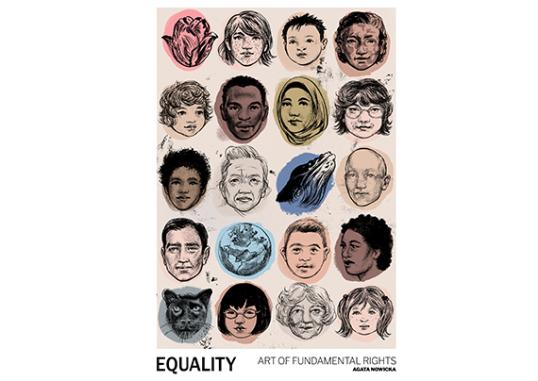Did you know that some CSOs face difficulties to find the funds they need to develop and perform their activities independently and effectively? Furthermore, space for civic and democratic action in some EU states is shrinking as a direct consequence of increasing prominence of far-right groups and political parties, growing nationalistic and xenophobic discourses.
The EU is founded on the values of respect for human dignity, freedom, democracy, equality, including gender equality, the rule of law and respect for human rights, including the rights of people belonging to minorities. These principles are core elements for a functioning democracy, and CSOs are essential governance actors for their protection and promotion.
Minority Rights Group Europe (MRGE), and PILnet have joined forces for the MARIO project aiming to advance the protection, promotion and awareness of EU fundamental rights and values in the so-called EU 13 states, where civil society space is at stake and minority communities present similar issues and concerns. The objective is to bolster the capacity and resilience of Civil Society Organisations (CSOs), thereby strengthening the effective implementation of the Charter of Fundamental Rights of the European Union, along with upholding the rule of law and of democracy in the EU.
The aim of MARIO is to select, provide financial support, and build the capacity of 90 grassroots CSOs representing minority groups. This approach aims to genuinely protect, promote and raise awareness of EU fundamental rights and values.
The project facilitated more effective, accountable and sustainable CSOs through annual central training for grantees organised focusing on EU mechanisms and opportunities. It provides also tailor-made counselling notably through a network of experts on the ground, ‘Liaison Officers’, who can offer specific knowledge, mentoring and pro bono legal advice. Additionally, the project establishes access to international mobile units of experts, assisting minority CSOs in analysing information and designing tailor-made responses and solutions.
During its first year, MARIO selected 30 grantees with very diverse and specific profiles. Two thirds of grantees operate in Roma communities – since these remain amongst the largest and most vulnerable minorities in Hungary and Europe – even though MARIO grantees span across other areas of work and specific thematic aspects that are close to their realities, mission, and expertise.
The project has identified emerging concerns related to climate justice, environmental racism and the rights of people with disabilities. Organisations indicated that very limited funding is available to address issues such as hate crime, litigation, corruption.
Most grantees highlight three main advantages brough about by the EU funding and support they receive through the intermediaries:
• Ease of accessing funds: Grantees find it easy to access funds to implement activities on niche issues and that are fully in line with their core mission and vision
• Development Opportunities: The funding allows organisations to develop their experience in a safe environment, thanks to the support they receive through the capacity building programmes.
• Enhanced credibility: Grantees gain credibility at local level (i.e., vis-à-vis public authorities and communities) as they are entrusted with EU funds. Despite challenging contexts in some countries, some grantees consider positive the visibility they gained through EU funding.
Go back to the news article and discover other projects' stories.

